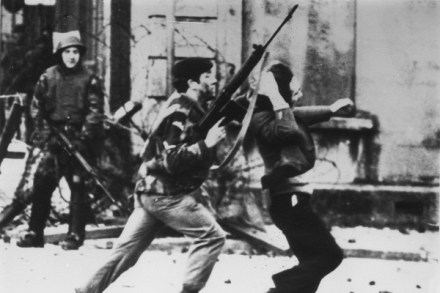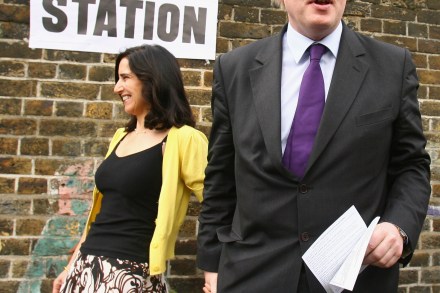Miliband and monopolies
Ed Miliband used his speech this morning on policing to attack the shambles on Olympic security staffing created by G4S. That was a sensible thing for an opposition leader to do, and he managed to give quite a sensible speech, all in all. He did not fall into the trap of saying that all outsourcing is bad – which would have been a strange thing for the Labour leader to say, anyway, given it was under his party in government that firms like G4S flourished. But he did point to what many across the political spectrum agree is a problem: that G4S effectively holds a monopoly on security and policing
















